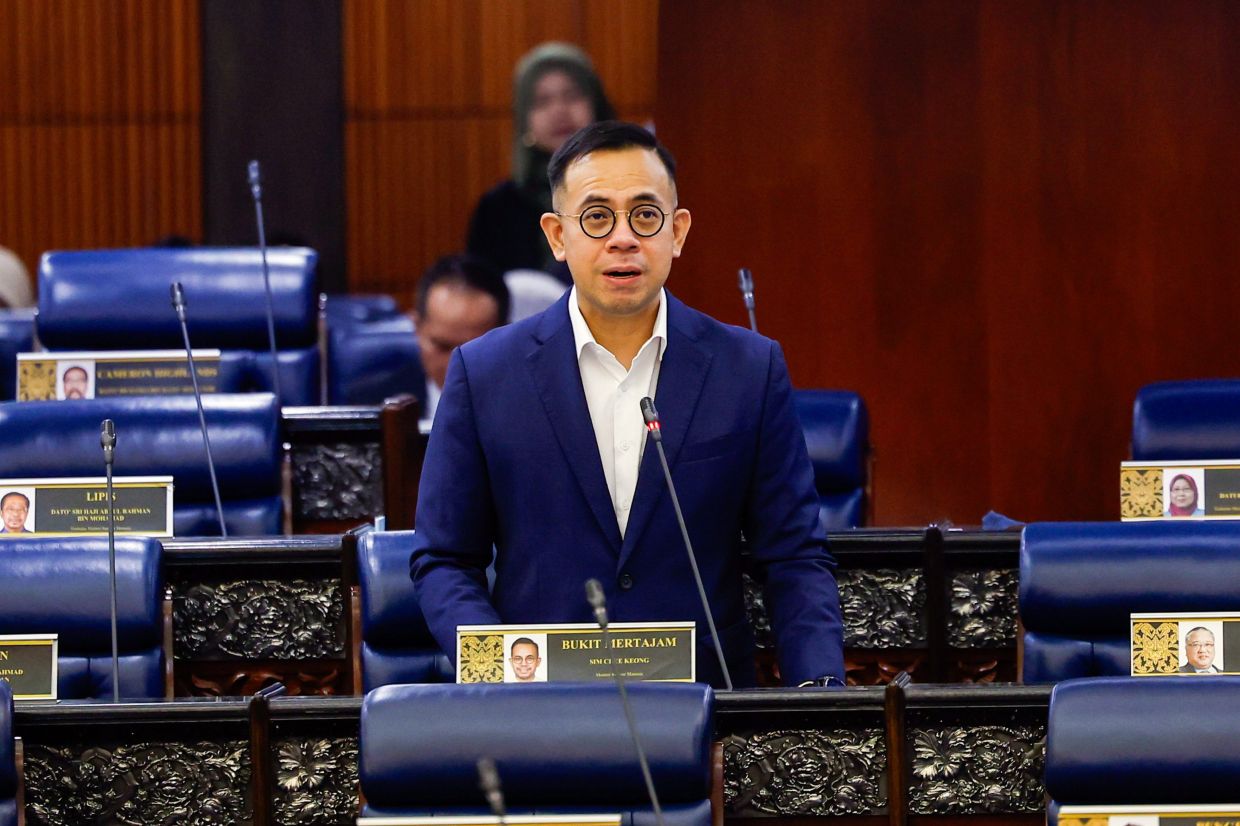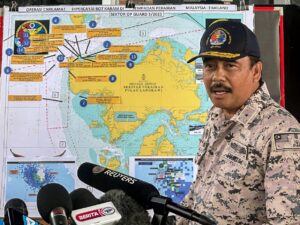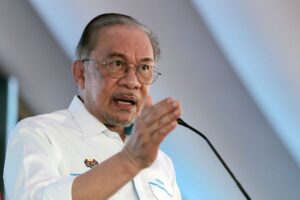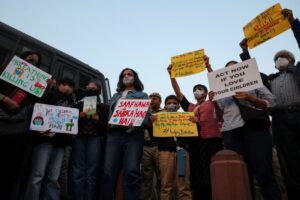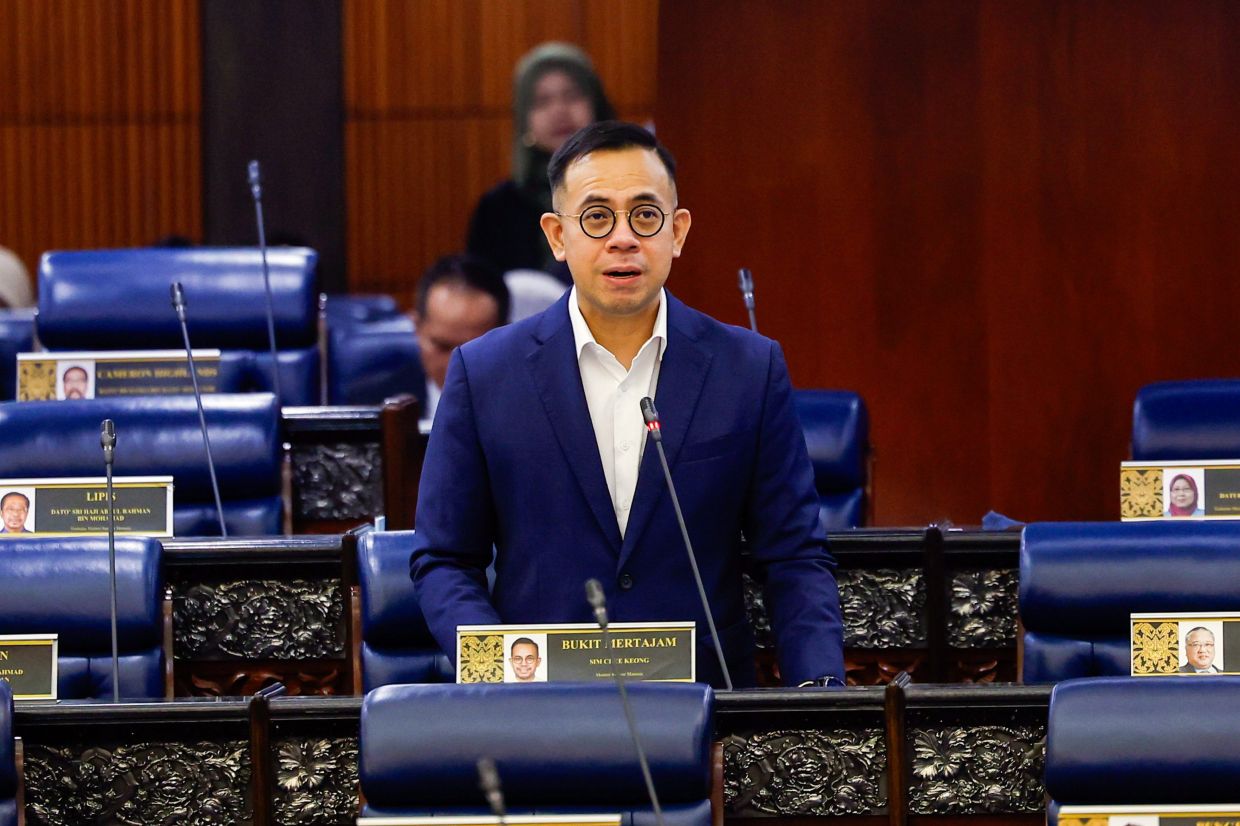
KUALA LUMPUR: Malaysians will soon have more opportunities to acquire in-demand and specialised skills, as well as access better-paying jobs, following the first reading of two key amendments to the country’s skills development laws in the Dewan Rakyat.
The move follows the first reading of the National Skills Development (Amendment) Bill 2025 and the Skills Development Fund (Amendment) Bill 2025.
Human Resources Minister Steven Sim said the amendments aim to strengthen the country’s skills development system and prepare the workforce for a future economy driven by technology and specialised skills.
The amendment under the National Skills Development (Amendment) Bill 2025 seeks to improve skills certification and develop a highly skilled workforce. It also aims to expand the National Skills Development Council to include strategic ministries and professional bodies, making TVET policies more inclusive.
The Bill further seeks to recognise training programmes outside the National Occupational Skills Standard (Noss) for funding under the Skills Development Fund Corporation. It also plans to extend accreditation for training providers from three to six years, with clearer rules for suspension and revocation.
A new Malaysian Skills Certificate (SKM) for flexible, lifelong learning will be introduced, along with new categories such as skills expert, senior skills expert and skills consultant to recognise local expertise.
Meanwhile, the Skills Development Fund (Amendment) Bill 2025 aims to expand the scope of PTPK funding, strengthen governance and enhance enforcement powers, including a 12-year limit for legal action and travel restrictions for defaulting borrowers.
“These amendments will allow more Malaysians to access skills training and financial support, including programmes outside the SKM framework that are in high demand by industry,”” Sim said.
The Second and Third Readings of the Bills are scheduled for December.
The Human Resources Ministry said the changes will make Malaysia’s skills development system more inclusive, flexible and impactful, in line with the Malaysia Madani agenda that focuses on skills, welfare and citizen empowerment.
